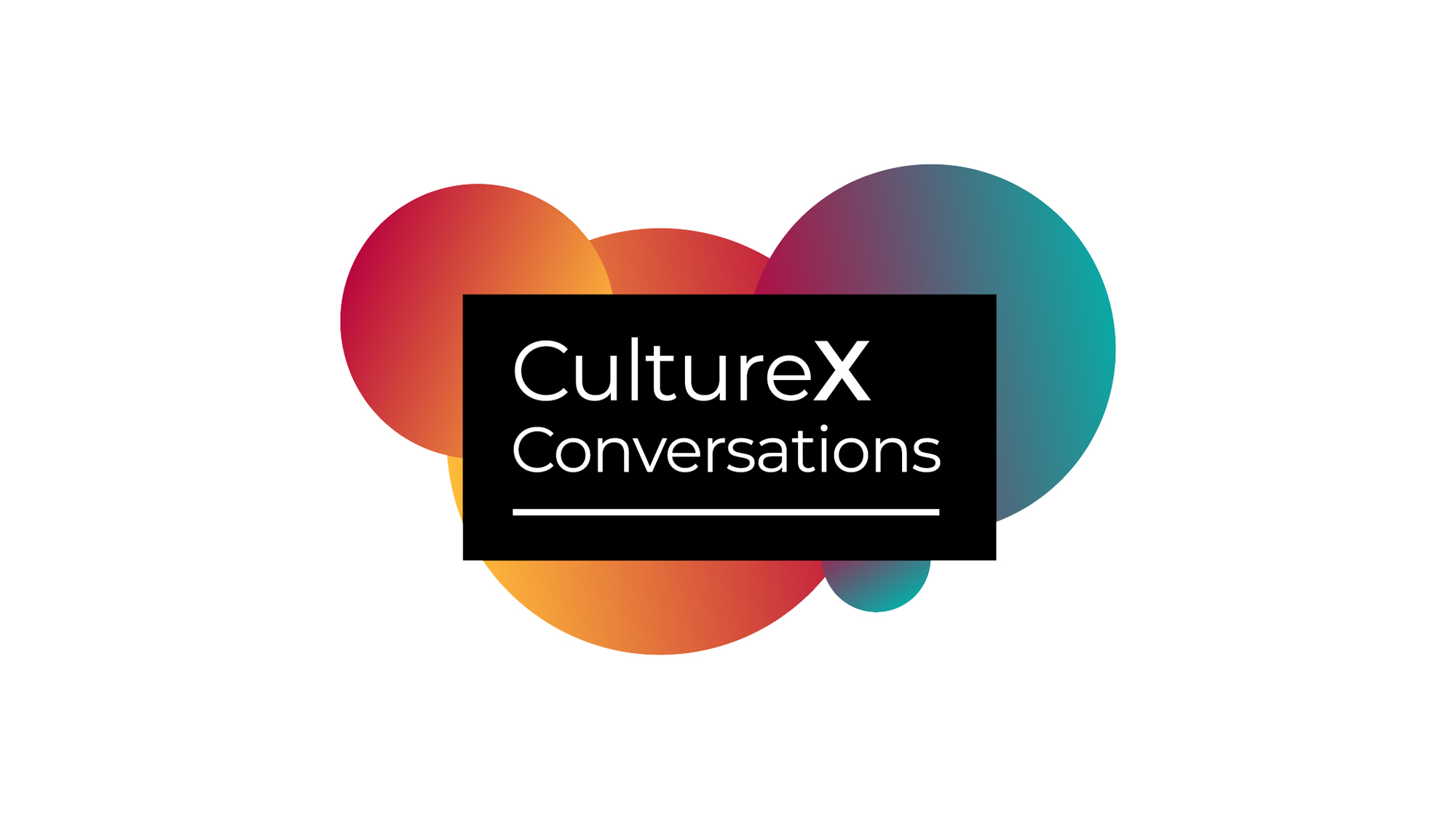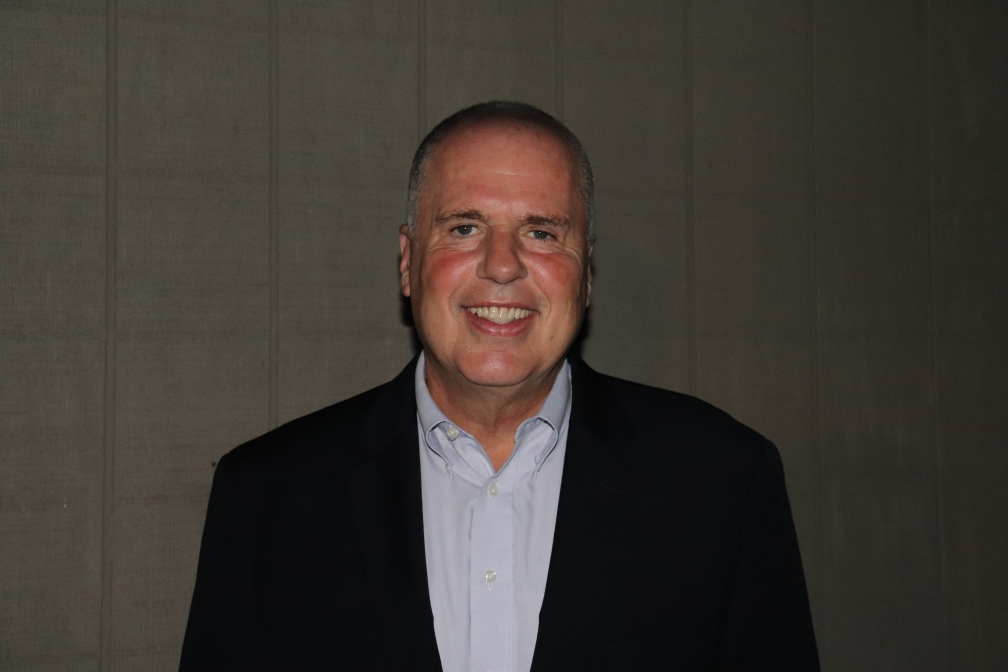5 Questions with Julio Vaqueiro

The smarter way to stay on top of broadcasting and cable industry. Sign up below
You are now subscribed
Your newsletter sign-up was successful
“It is a crucial time for Hispanics in the United States, particularly during this upcoming election cycle,” says Julio Vaqueiro, whose career as a journalist at Telemundo is being honored with the CultureX Conversations Executive Leadership Award on March 25 at NYC TV Week Spring. This award is presented in recognition of the contributions of any individual to the advancement of in-language television programming and particularly for his (or her) approach to serving the targeted ethnic audience.

“For me to serve the Hispanic audience is one of the greatest privileges a journalist can ask for,” said Vaqueiro, the Emmy-winning anchor of Noticias Telemundo Fin de Semana, the weekend newscast that airs Saturdays and Sundays at 6:30 p.m. ET. “The people who are watching are the hard-working immigrant families who came to the United States to improve their own lives. And we owe it to these people to do our jobs the best we can.”
Ahead of his appearance at CultureX Conversations, an extension of the Multichannel News Multicultural TV Conversations event franchise, MCN had five questions for Vaqueiro.
MCN: What are the type of stories that you cover at Telemundo that have made an impact?
Julio Vaqueiro: Initially, there were so many stories to report about the criminal organizations the government was dealing with. The war on drugs, in particular, was extremely bloody. It still is, but that was the beginning of it, and we started to learn how the drug cartels worked. For me, it was very challenging because that was the first big ongoing news story I covered, and I basically spent my four years in Mexico City working on it.
Once I moved to the United States, I was able to get in touch with the immigrant community, the Hispanic population, and talk about their stories. So many families living here feared the risk of being separated, and it is very difficult to be the same person, and the same journalist, once you listen to the stories of immigrants who left everything behind just to look for an opportunity here.
Last year, I was at the border following the family separation policy. Those images of the families being separated made it impossible not to be changed after covering these stories.
MCN: How has your job changed in the last 10 years?
JV: To start with, Telemundo was really a completely different network, certainly not the size it is. But digital is what has really reshaped how we all do our jobs. When I started as a news correspondent in Mexico City, digital wasn’t even a thing. And now we have to acknowledge that the industry is changing and we are moving to a digital landscape.
We have basically doubled our size to a team of multimedia journalists who produce stories for digital, linear and social platforms. In addition to working on our daily newscasts, we are now constantly in contact with our audience via digital and social, and it can change anything we do at any given moment. Everyone has a voice now, and we must incorporate that into how we do our jobs.
The smarter way to stay on top of broadcasting and cable industry. Sign up below
MCN: Do you find the growing digital landscape beneficial to what you do as a journalist?
JV: I think it is a great opportunity to be in contact with so many people that can follow your work, and you can now inform through this digital option. We have to learn how to make the best use of it. But there is also a risk if it is misused. The risk is that people can receive information from other individuals who are not reporters or qualified to present facts and information. You need to know how to use social media and follow the right people, listen to the right people, and understand where the information is coming from.”
MCN: Has your job become more of a challenge in the current tumultuous political world leave in?
JV: The thing about this profession is it is always challenging, no matter what is happening, no matter who is in the White House, and no matter what is going on in the world. But with President Trump being in the White House, we have to be more focused and we have to think about what our values are and how relevant we are to our communities. We have to focus on providing information based on traditional values, truth and honestly. And we must double check our sources. You have to be on a constant standby about what is going to happen next.
MCN: Where do you see yourself in the future?
JV: I see myself still working for Telemundo, and trying to do things the best I can in proving my ability to report, to find new stories, and communicate with our audience. I also see myself writing, maybe a book, perhaps. And I just want to try to improve the way I work, and the way I serve my community. With this job comes a great responsibility to the people we serve.
For more about CultureX Conversations, please visit the NYC TV Week Spring home page.
Marc Berman is editor-in-chief for media-centric The Programming Insider (programminginsider.com), which pioneered the email newsletter format at its inception in 1999. Marc has written for a wide range of publications including Broadcasting + Cable, Next TV, Forbes, Newspro, Campaign US, The Hollywood Reporter and Variety. Known as “Mr. Television” at Mediaweek (now Adweek), Marc has appeared on camera on Entertainment Tonight, Extra, Inside Edition and CNN and MSNBC, among other series and outlets. He is a member of The Television Critics Association and The Broadcast Journalists Television Association. And Marc put his TV historian hat on as author of desk calendar Today in TV History.

